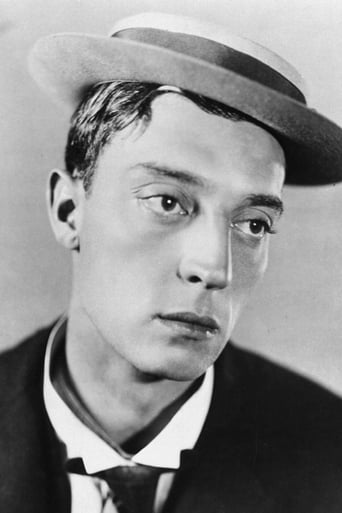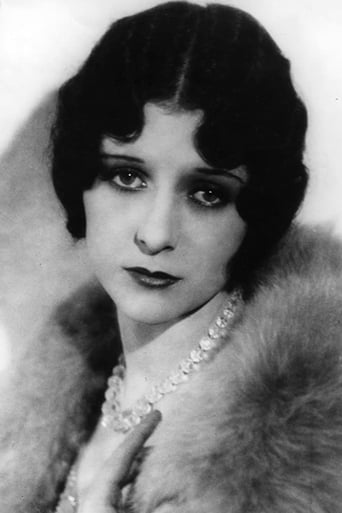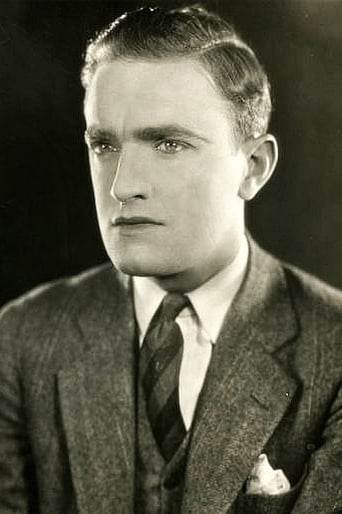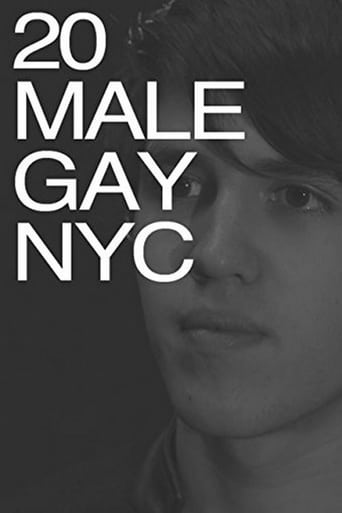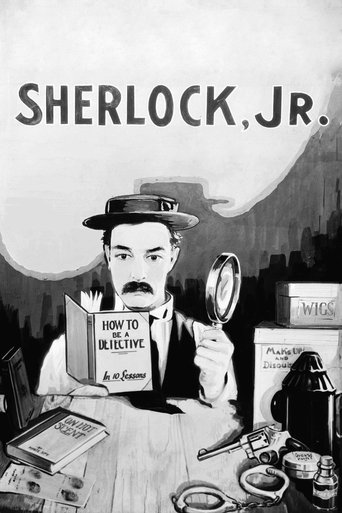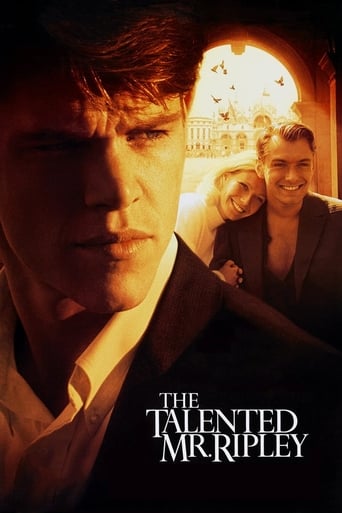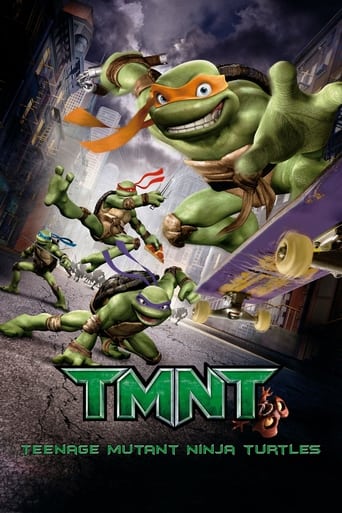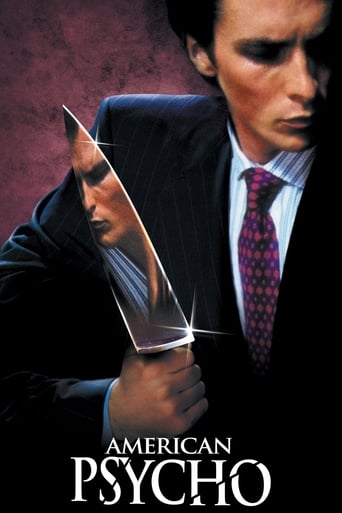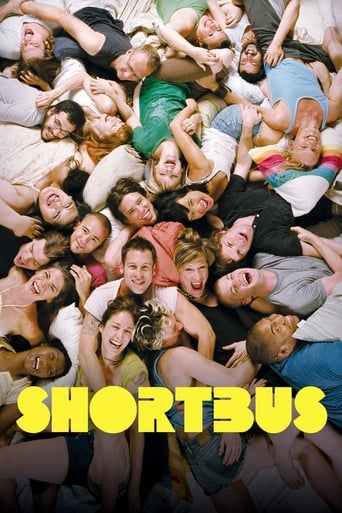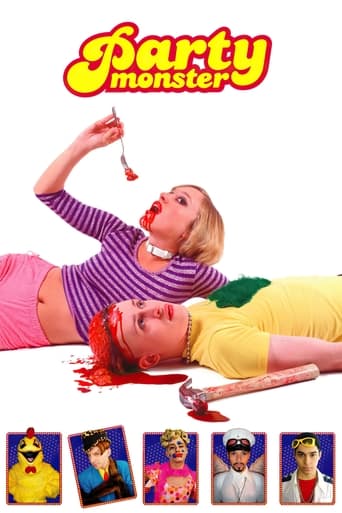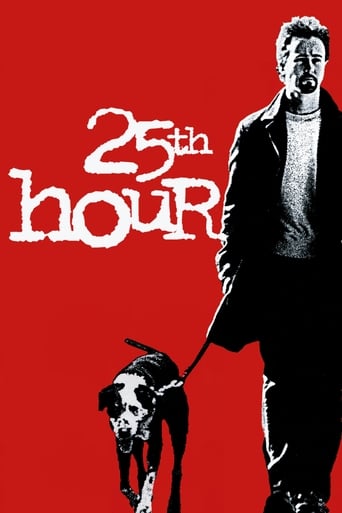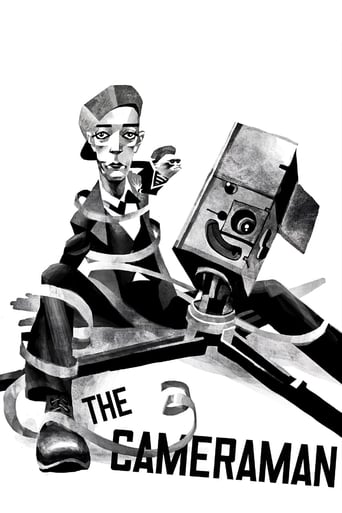
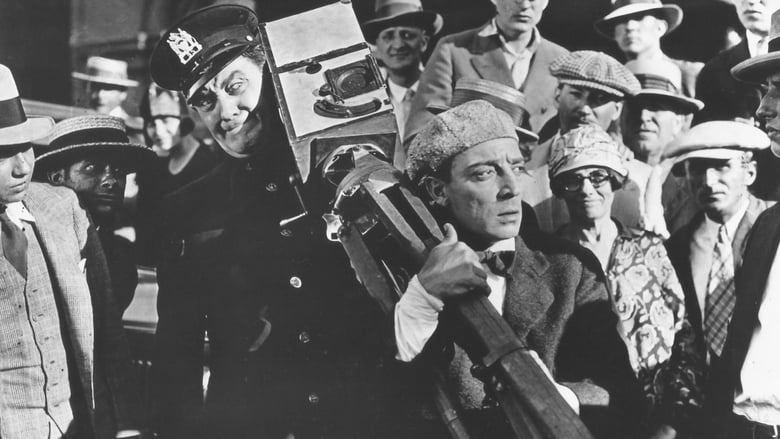
The Cameraman (1928)
A photographer takes up newsreel shooting to impress a secretary.
Watch Trailer
Cast


Similar titles
Reviews
Rollicking silent-era comedy from Buster Keaton.Simple yet engaging plot. However, its not the main story that matters, but the many detours on the journey. The whole thing is one random, funny adventure.Some moments of pure genius from Keaton. The dime bank scene was one, and the whole swimming pool scene was another.Great work from Keaton in front of the camera. Good support from Marceline Day. However, the show is almost stolen towards the end by Josephine, the monkey...
. . . a decade before MGM got all uppity from GONE WITH THE WIND (which I always suspected was mostly filmed by junior members of the primate family, who probably also wrote the script for GWTW's mendacious opening scroll). As the title character of THE CAMERAMAN, Buster Keaton was hired to represent the average Tinsel Town filmmaker. He's a constant bumbler in this role, breaking MGM's stenciled glass door panel six times with his camera tripod. On one of his rare excursions outside, Keaton blindsides and knocks unconscious an organ grinder's Capuchin monkey. As soon as the abandoned midget primate regains consciousness, he commandeers Keaton's camera and shoots the "best footage" MGM's boss has "seen in years," despite being woozy and saddled with the most antique camera the city has to offer. Naturally, Specism prompts the MGM mogul to assume Keaton deserves all the credit, and the REAL cameraman finishes his big day out as an unsung (and unemployed) hero. Obviously, it turns out that THE COVE and BLACKFISH were not the first flicks to document mammal abuse!
I'll get to The Cameraman in a sec, just bear with me. Did you watch Lost? I hope, for your sake, that the answer is no. I mean, c'mon – J.J. Abrams, I'm going to kick your ass in a dark alley if I ever get the chance, just for wasting my time. But I digress. I merely mention this to point out the character of Desmond Hume, who wags around the one Dickens novel, Our Mutual Friend, that he's saving. 'Cause see, I do that too. As a matter of fact, I'm sitting on Martin Chuzzlewit by Dickens, Pic by Jack Kerouac, and one lone piece from Joseph Mitchell's Up in the Old Hotel. Please don't tell me how tragic and regrettable this will be if I get hit by a bus I know, I know.All of this is to say that recently, I went to a screening of The Cameraman (1928) starring the one and only Buster Keaton. And this was the one and only Buster Keaton film I've never seen. So before you gasp and clutch your chest and say, "But Pretty Clever Film Gal, how could you neglect to see a Buster Keaton movie!?!" I refer you to my opening salvo above. Buster Keaton movies are rare and precious commodities. It's not like we're getting any new ones, unless somebody decides to use his powers for good not evil (I'm looking at you, James Cameron.) However, when you have the opportunity to see a Buster Keaton movie in a theater with music accompaniment from William O'Meara, well preciousness has to be put aside.The Cameraman-poster-Buster KeatonEric Veillette, impresario of Silent Sundays at the Revue Cinema and Silent Toronto perpetrator, introduced The Cameraman as Keaton's last great film, which is a fair assessment. Careful readers may have noticed that I did not refer to the movie as "Buster Keaton's The Cameraman," but merely stated that it starred Keaton. Though Keaton was an auteur before there was such a thing, writing, directing, editing, I suspect even catering all of his features up 'til this point, The Cameraman was directed by Edward Sedgwick. Notably, this movie was Keaton's first under his brand spankin' new contract with MGM. Things would go from bad to worse for Keaton and MGM, and in a little less than a year, creative control of his films would be wrested out of his hands. Keaton later called the move to MGM "The worst mistake of my career." Considering what followed, he's exactly right.But that's later. In 1928, The Cameraman has Keaton's fingerprints all over it. Sedgwick may have held the title of director, but no body puts Buster in the corner apparently, or at least not yet. As a filmmaker, Keaton is all about control – having it, losing it, regaining it. His films are precise, always demonstrating that's there's nothing coincidental about a good gag. Comedy is a presentation, dependent on timing and control and Keaton's work reflects this, always. So despite being stripped of the titular role of director, it's impossible to assert with a straight face that The Cameraman, perhaps one of his most self-reflexive works, was not firmly in Keaton's control.The Cameraman-Buster KeatonThe movie abounds with gags the define Keaton's preoccupation with control, or lack thereof. When he pawns his tintype machine to buy an outdated, hand cranked movie camera, all in the service of getting closer to Sally, the newsreel production office receptionist, things spin out of Buster's control pretty damn fast. His initial salvo in newsreel shooting results in a tragic mess of double exposed images – a battleship sailing down a Manhattan street, most notably. Forget the mechanics even – Buster struggles with the physicality of the machine itself, breaking the glass in the office door multiple times. In the end, the star cameraman of The Cameraman is a monkey, for pete's sake. Which might be a metaphor for Keaton's entire career: an aimless amateurism produces iffy experimental results, and an unrestrained primitivism produces a heroic quality results (not to mention funny results). Take that, MGM studio stooges! I think there's another point worth making about Buster Keaton and The Cameraman. Turns out, Buster is a fine actor. His previous, auteur-like body of work demonstrates beyond a doubt that Buster is fantastic performer, honed from basically being born on a vaudeville stage. He always had the timing, the exploitation and confounding of expectation to provoke a reaction, but did Buster ever act, did he build a character and flesh out a role? Perhaps freed from the rigors of being the writer-director-caterer, Buster is free to be our hapless little cameraman, so complete that when Sally rejects him, it will bring a tear to your eye. That's not the typical response to your typical slapstick and reflects the elevation of Buster's small-man-in-a-big-world character beyond mere comedy prop.With hindsight being 20/20, it's difficult to not find a tinge of the bittersweet in The Cameraman, solely because it is Buster Keaton's last great film. It is, sadly, mostly downhill for Buster from there. But, for all that, The Cameraman is not to be missed.
Buster Keaton's last great silent film (it was followed by the less memorable 'Spite Marriage') can almost be seen as a textbook lesson on the effects of artistic compromise. After relinquishing his independence to the MGM assembly line Keaton fought hard to maintain at least a semblance of his own peculiar comic integrity, and in that regard the film represents a minor (and short lived) triumph of comedy over bureaucracy.Most of the over-plotted studio script was discarded early in the production, leaving only the necessary framework of a simple story about a hapless tintype portrait seller trying to scoop the latest newsreel headline and win the affection of the girl he loves. That was all the plot Keaton needed to improvise a number of classic routines: the solo ballgame in a deserted Yankee Stadium, an awkward encounter in a crowded poolside changing stall, and a literally riotous Tong war in New York City's Chinatown. As usual Buster is able to overcome every obstacle, by happenstance, luck and divine (actually simian) intervention (it's little Josephine, the organ-grinder monkey, who actually saves the day: one of the few touches of classic Keaton irony in the film).But the erosion of his unique talent is already apparent in the upbeat normality of the scenario and characters, something the comedian casually avoided in his earlier features. The modern, big city setting was an indication of the changes soon to be introduced by sound technology; Harold Lloyd went urban in his final silent feature, 'Speedy', and Chaplin did likewise in 'City Lights' and 'Modern Times'. But, at least for the time being, the best way to win the girl remained the age-old comic combination of ineptitude and heroism.


